As the world moves further into 2021, and into a post-pandemic future, there will be tremendous opportunity to profit from AI investments made by MarTech. Forward-thinking organizations are getting ready with effective strategies to fully embrace AI investments and generate huge returns.
The business landscape has evolved significantly in the last year, and marketing and sales teams are now under pressure to create results in a new, virtual world. Despite the fact that the pandemic has pushed many businesses to cut costs and downsize, smart leaders are investing in the relevant technologies to secure the success of their team members.
More than half of enterprises claimed they increased their usage of AI during the public health crisis, according to a 2021 PwC report, with 86 percent claiming AI will be a “mainstream technology” at their organization this year. And, as businesses explore for ways to rebound and thrive in a post-pandemic world, 40% stated they will spend more on AI in 2021.
AI investments are “paying off in concrete ways, with benefits ranging from revenue growth to better decisions and improved customer experiences,” as per the global research firm.
AI, in particular, can provide a significant return on investment for Chief Marketing Officers. AI-powered data insights can help them improve and personalize their relationships with potential and current customers, as well as discover winning techniques that their team can use to drive future growth.
Also Check: Strategies to Leverage B2B Customer Pain Points
Here are three ways CMOs can leverage AI for better ROI in the post-COVID landscape.
Leveraging the enterprise’s data in marketing campaigns
The first step toward achieving organic growth should be to gain visibility into the employee client network. It’s critical to gather data that can be used to boost future sales. However, due to the sheer volume and rate of growth of data, most humans are unable to keep their systems or teams up to date with the upkeep of this data. That’s where artificial intelligence can help.
CMOs can use AI and data science to identify and evaluate their team’s history with individual clients and prospects in order to design an ideal path through the sales lifecycle by repeating successful behaviors and avoiding those that haven’t. To achieve this goal, it’s critical to have the most up-to-date and clear picture of client engagements.
Another benefit is the capacity to reduce friction between teams that have customer information, such as sales, and teams that require it, such as marketing. The ability to act on the most timely and relevant customer initiatives is enhanced when intelligence is easily accessible.
Improving CRM health and data quality
A healthy CRM can give marketing firms with a valuable map of their relationships as well as a clear and reliable picture of their customers, allowing them to better foresee their needs and personalize their messages.
CRM data automation can significantly improve data quality and keep the CRM up to date by automatically filling in gaps and deleting redundancies, as well as eliminating human error.
CMOs can ensure that they are always leveraging the most up-to-date and relevant insights to achieve optimal results by being able to share data across all CRM and other marketing technology systems. When it comes to AI technology, it’s all about adopting solutions that complement and enhance existing investments.
Also Read: Top Five Reasons Why a Branding Strategy is a Must-Have
Upgrading tech stack to grow the business in 2021
Today, there is an overwhelming amount of data accessible that can assist CMOs in tailoring their marketing campaigns and providing the personalized experience that customers need. But marketers often spend more time collecting data than making sense of it or putting it to good use.
Smart marketers are addressing this issue by incorporating AI-based technology into their tech stacks, such as CRM databases that ensure data accuracy and reliability while also providing the intelligence needed to drive better decision making, social media management tools to improve their ability to understand and connect with the target audience and email marketing products with algorithms that help them personalize campaigns.

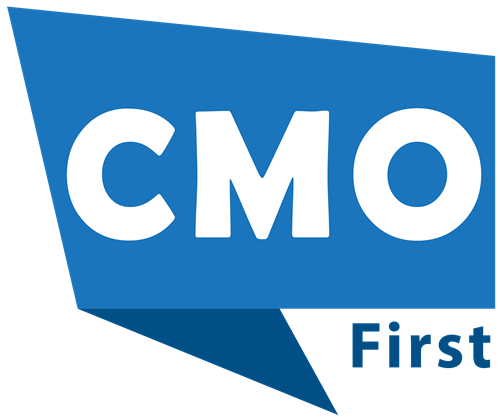






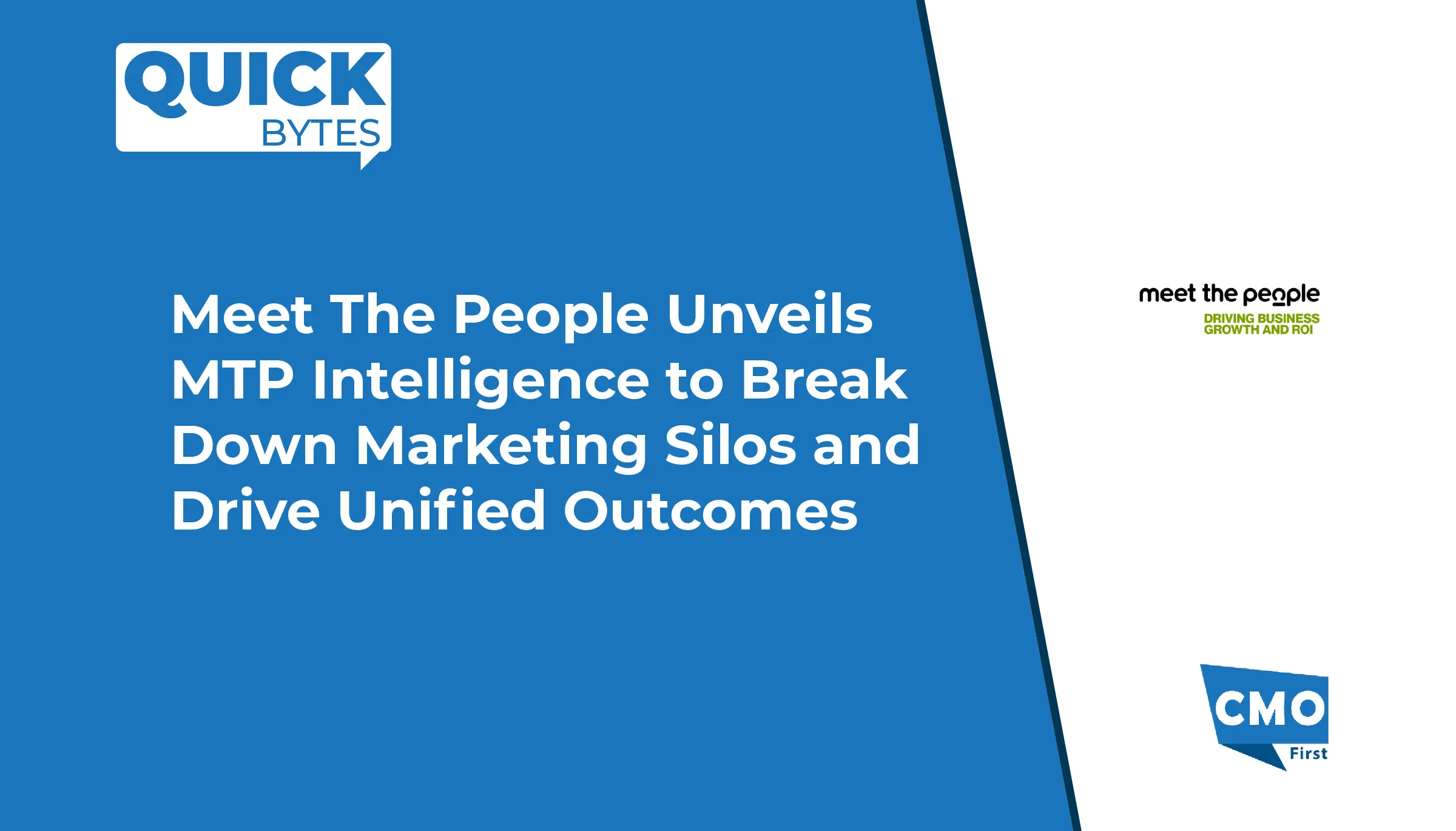
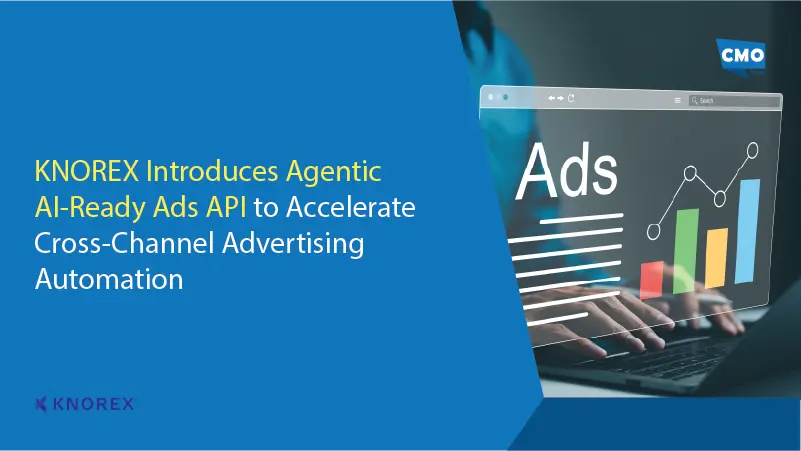
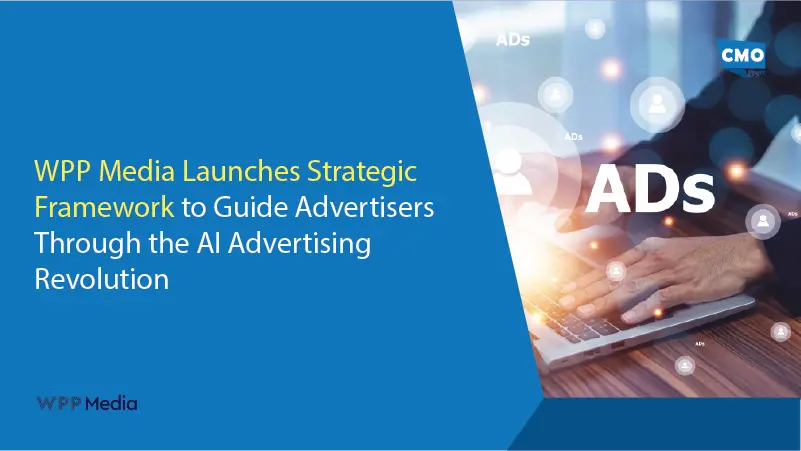
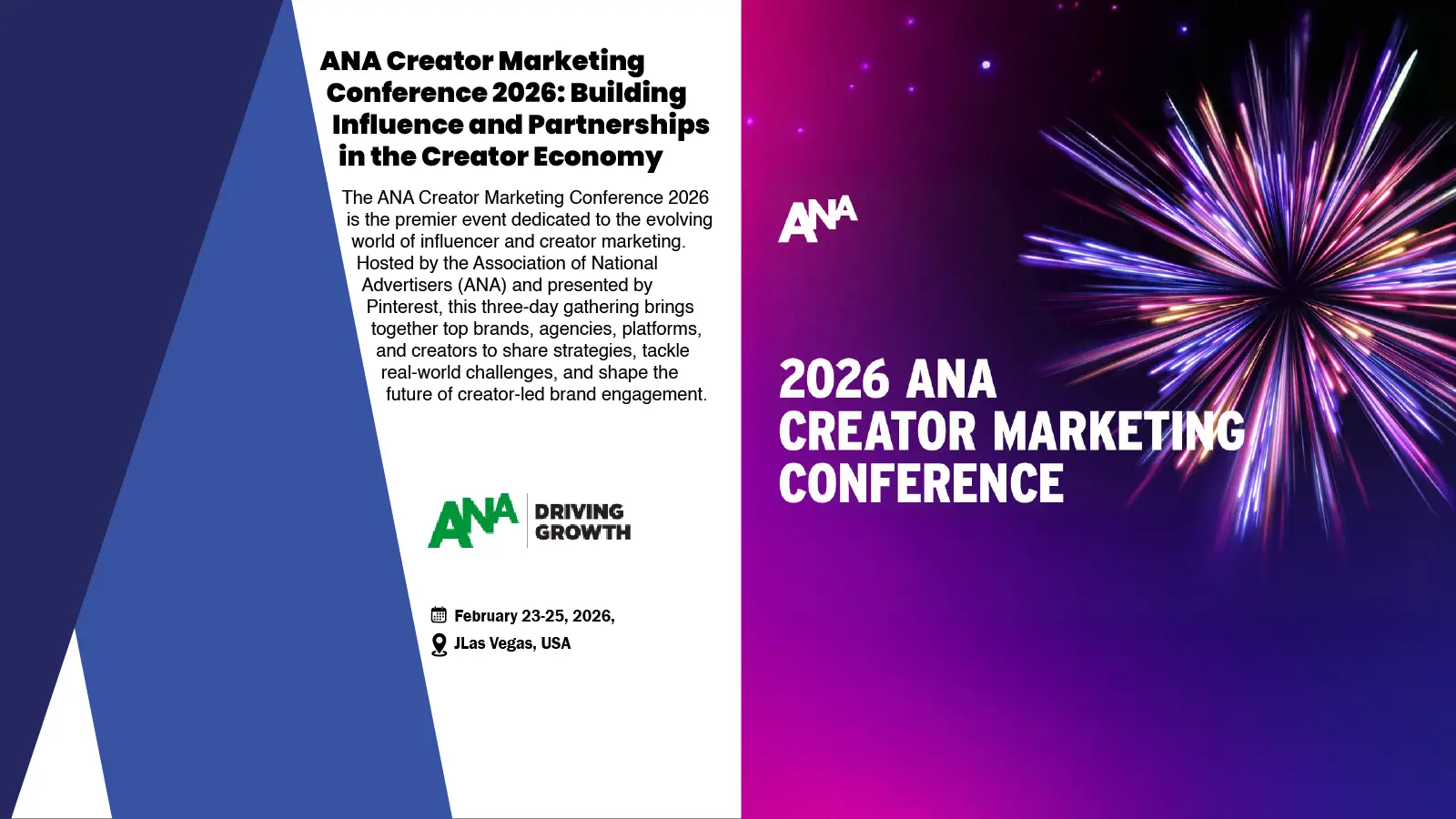
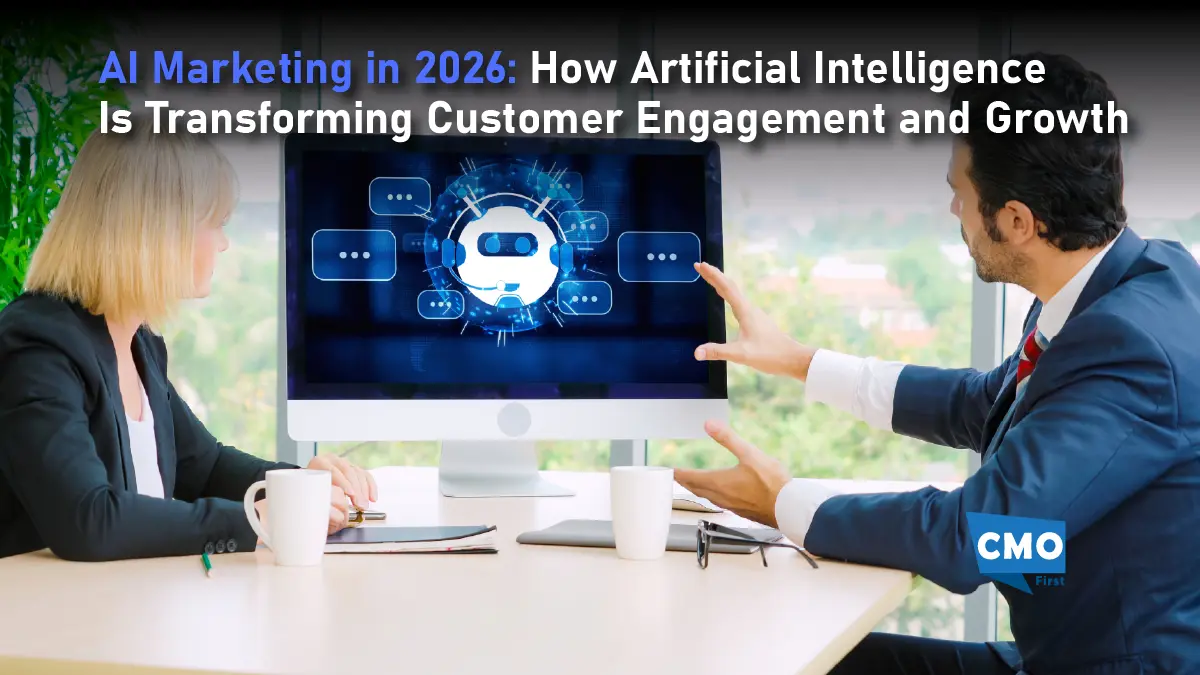
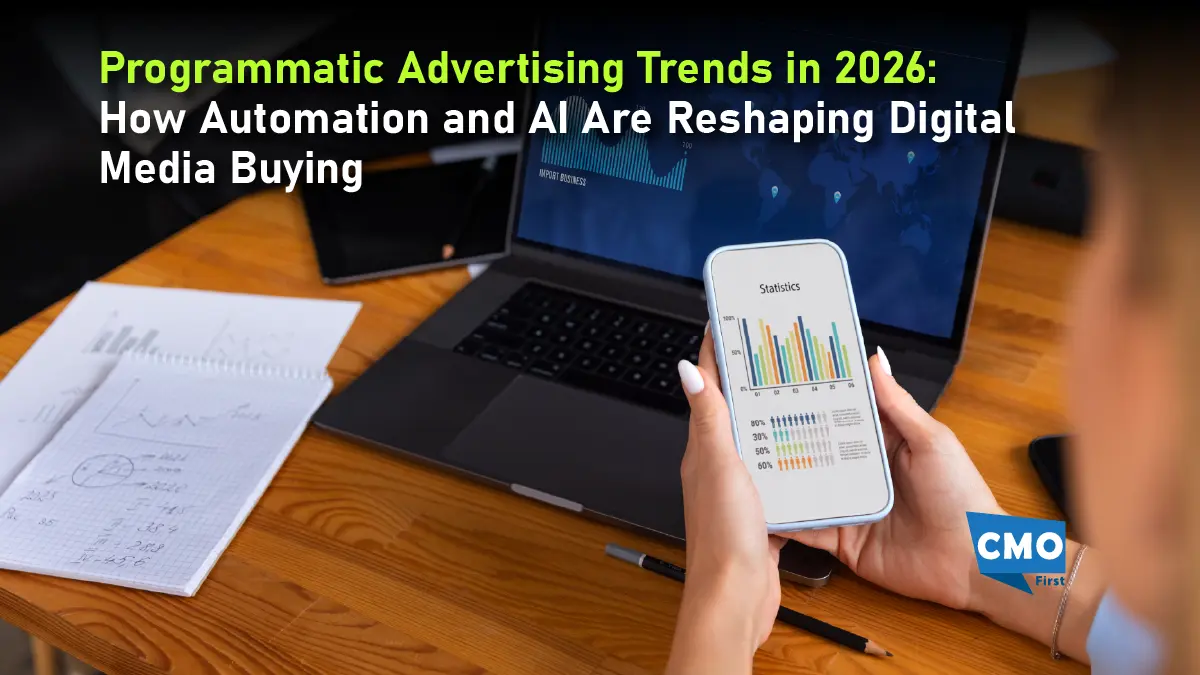

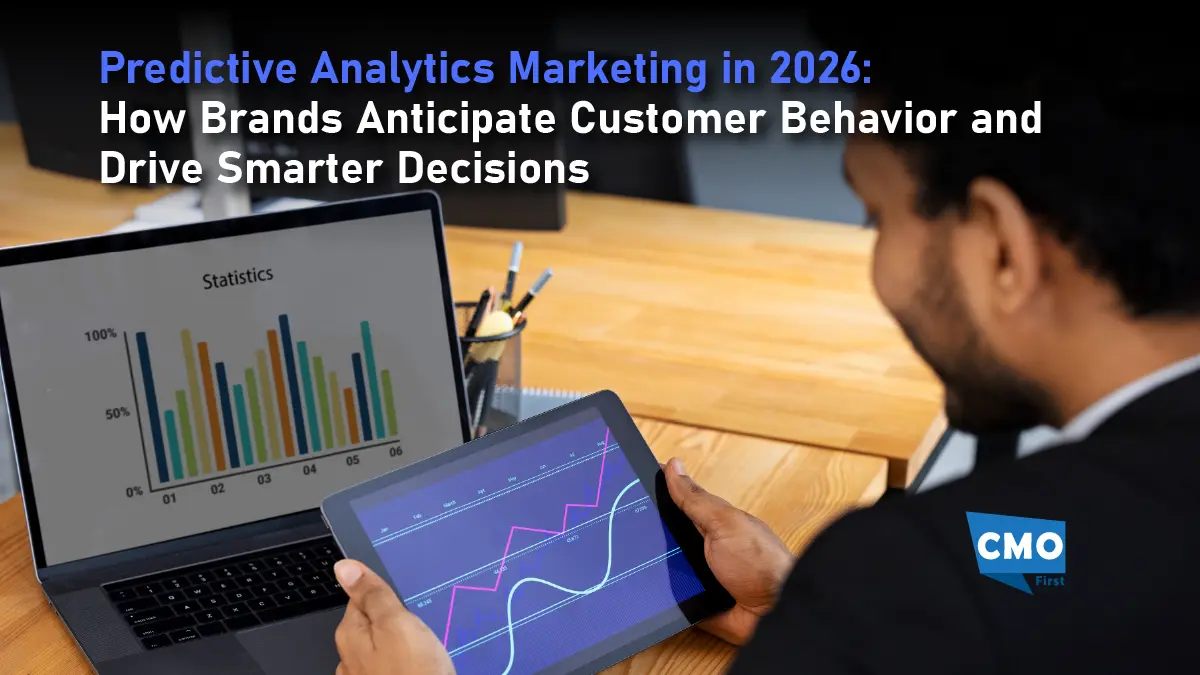
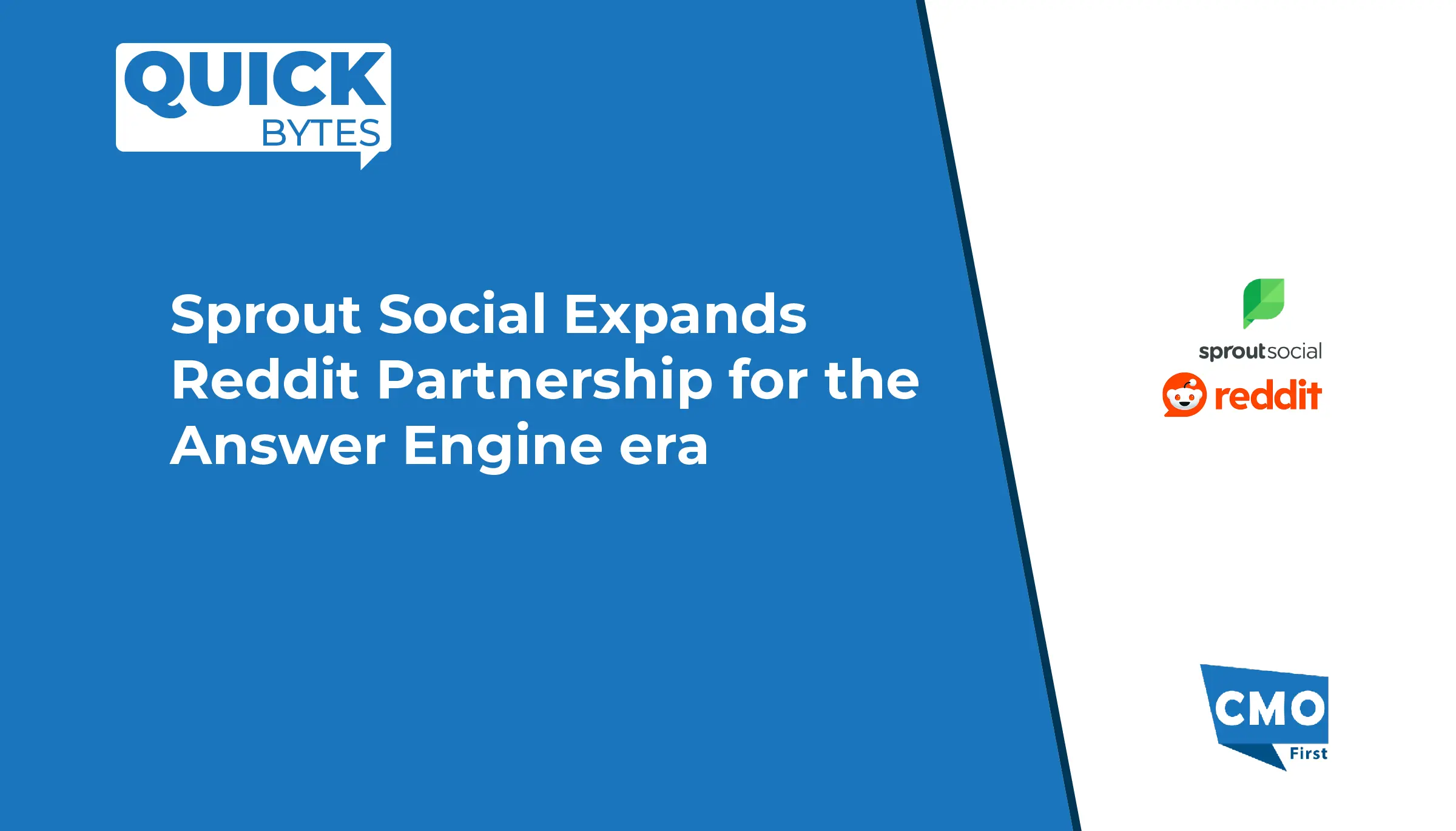

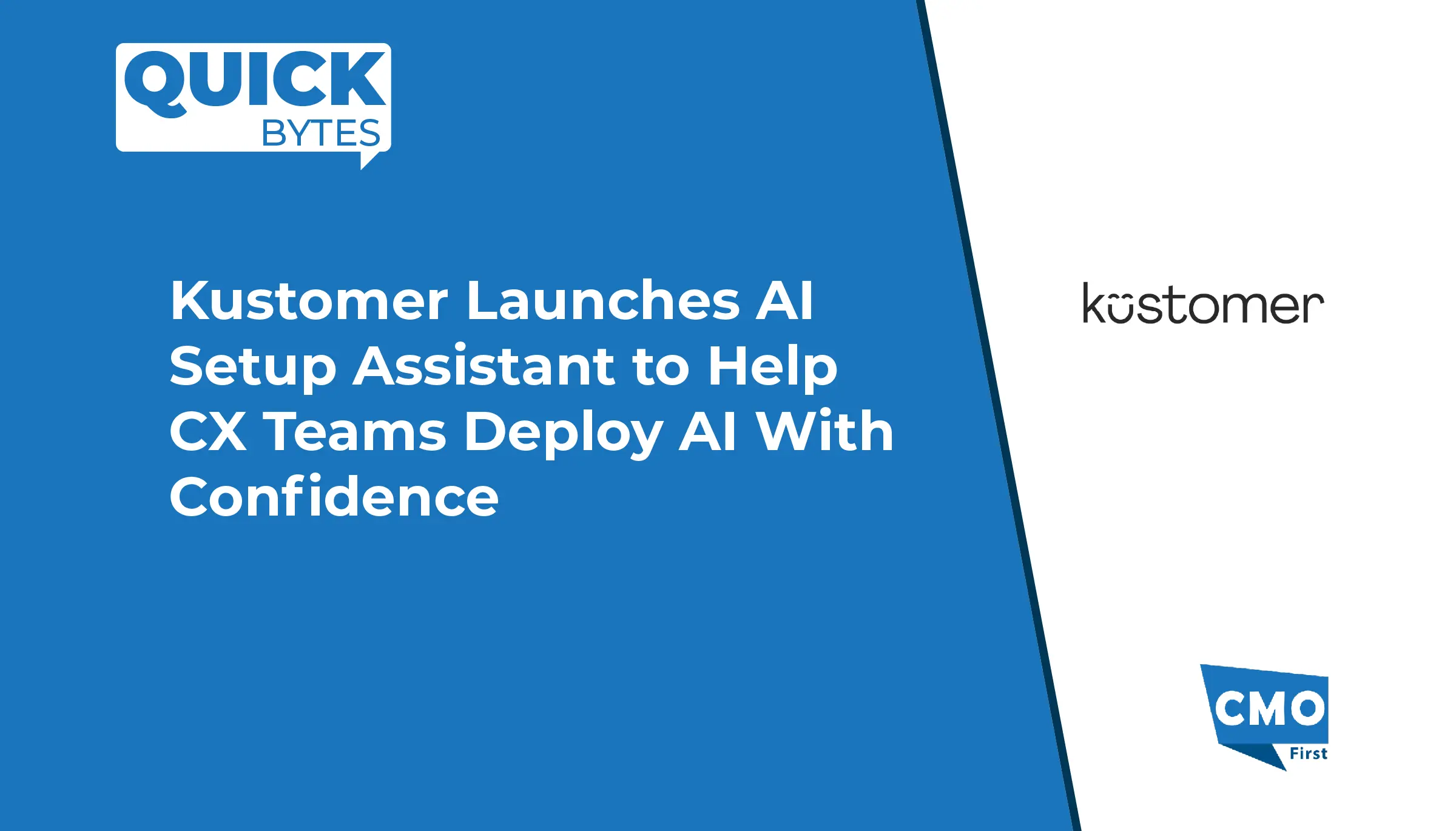

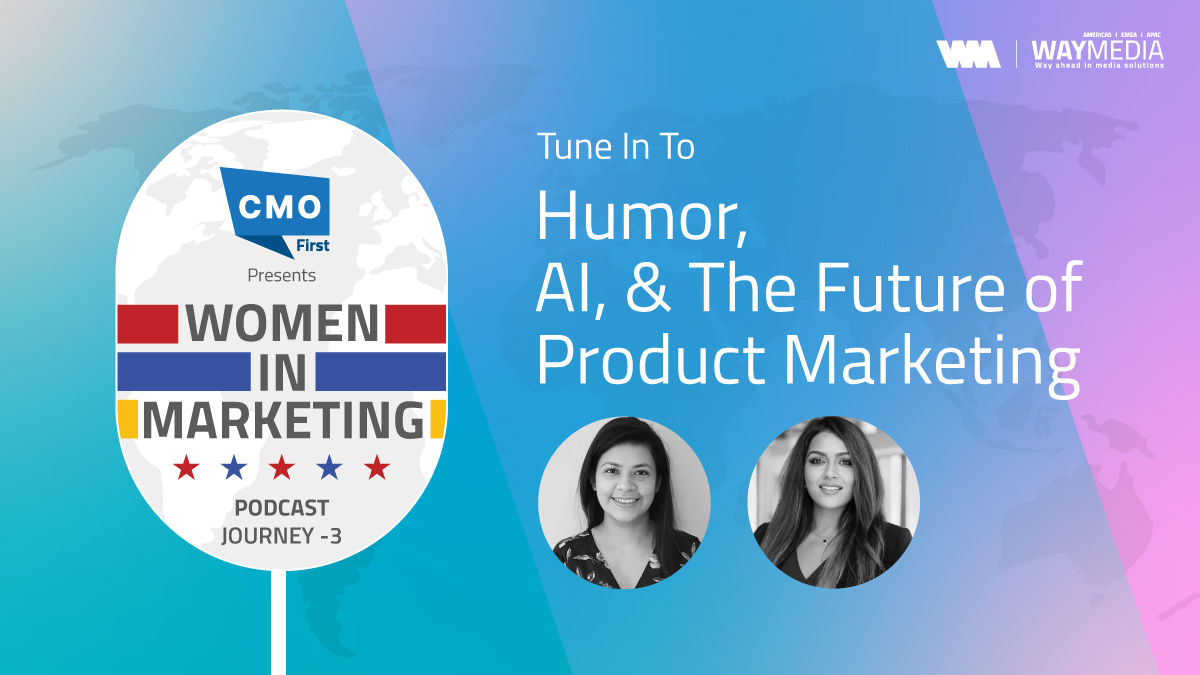





Leave a Reply